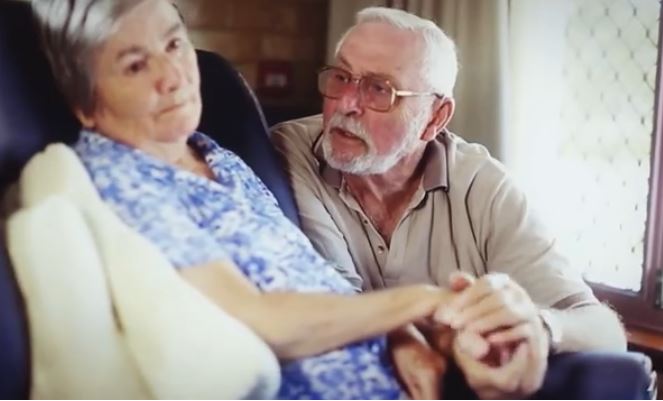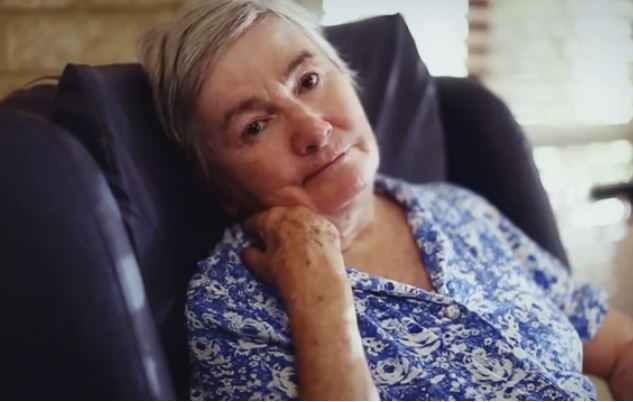
Help is just a phonecall away, unless you cannot communicate.
Speech Pathology Week from August 19 to 25 is a chance to highlight the serious communication access difficulties facing more than 1 million Australians.
The Speech Pathology Australia public awareness week aims to underline that communication access for all is a basic human right, and that Australia has much that needs to be improved, with more than 1.1 million Australians having a communication or swallowing disorder that impacts on their daily life.
People with Complex Communication Needs (CCN), for example, are a little recognised group, says to Flinders University PhD student Betty-Jean (B-J) Dee-Price, whose thesis found that 1.2% of Australians have complex communication needs (or an inability to speak or write).
This is often associated with people having conditions such as stroke, cerebral palsy, MS, Parkinson’s, acquired brain injury and autism..
“Imagine what it would be like if you were unable to speak or write,” asks Ms Dee-Price.
“This is a significant problem in Australia. More than 1 per cent of the population is not able to communicate in conventional ways, and these people are being denied essential access – even being left out of research that hopes to improve their situation.”
Through researching her thesis, titled “Immured, Suspended, Provisioned – The Meaning of Home for People with Complex Communication Needs (CCN)”, Ms Dee-Price found that while most people with CCN know the disability symbol of a figure in a wheelchair, few are aware of the communication access symbol.
“Communication barriers are just as debilitating as physical barriers,” she says.
To help improve this situation, Ms Dee-Price has developed, tested and evaluated a set of research methods suitable for interviewing/researching people with CCN. The method helps to ensure that people with CCN are not overlooked as research participants.
It enabled her to determine that people with CCN are much more likely (than other people with disabilities but without CCN) to live in care establishments such as nursing homes, group homes or other institutions.
Ms Dee-Price now believes this method has broader application for communicating with people with CCN.
In July, she presented two papers outlining the method at the International Society for Augmentative and Alternative Communication Conference, held for the first time in Australia, on the Gold Coast.
Ms Dee-Price hopes this new method to help people with CCN has special significance during Speech Pathology Week in Australia.


